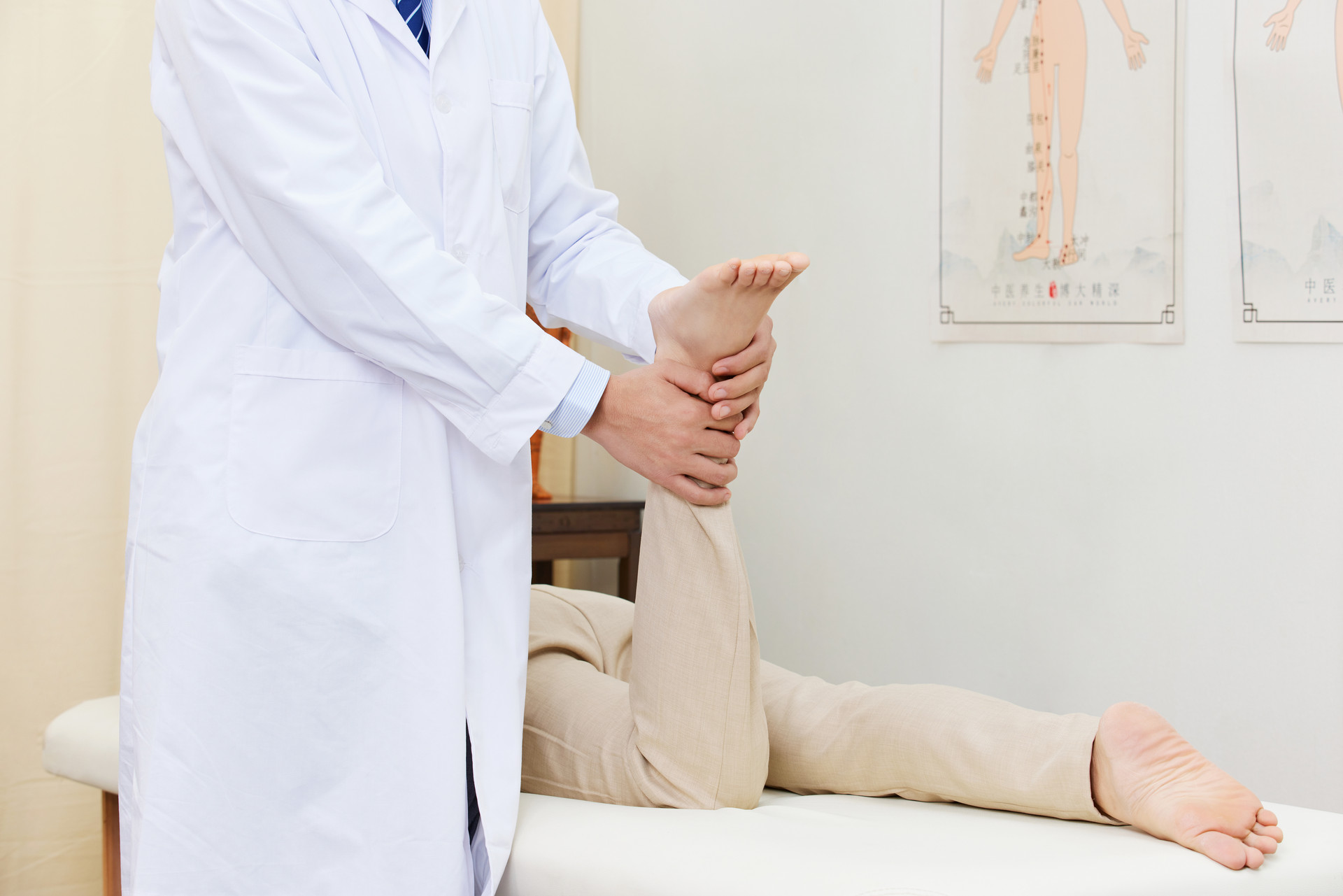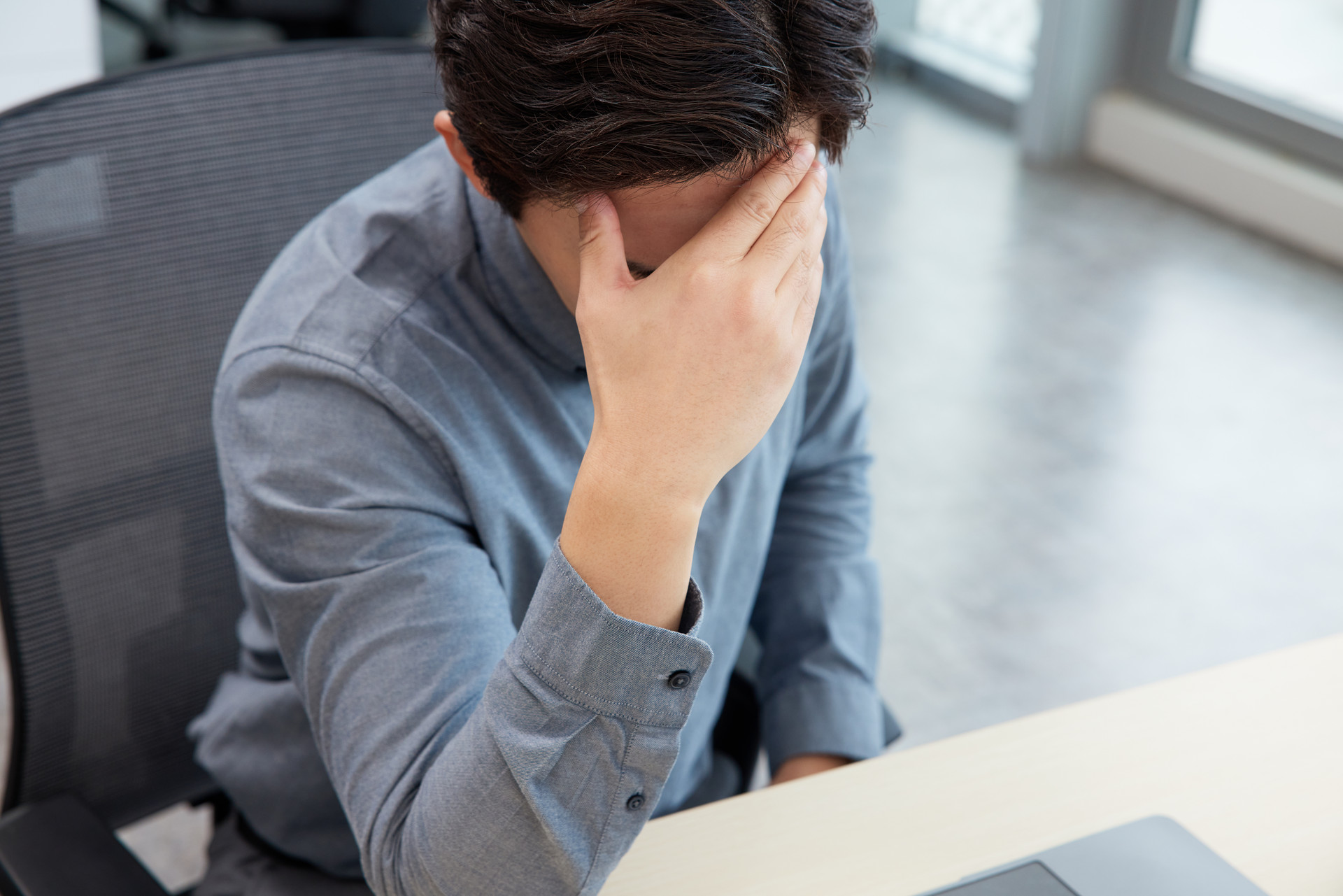There is a movie called "Crazy Stone". In the beginning of the film, the protagonist, Bao Shihong (played by Guo Tao), goes to see a doctor with a painful expression on his face. The doctor asks, "Besides being unable to urinate and having the constant urge to urinate, are there any other symptoms?" When there is no response, the doctor suggests doing a check-up. Many viewers may have noticed that behind the male protagonist, the doctor is using his fingers to massage and diagnose him.
In medicine, this examination is called prostate palpation, which involves using the index finger to examine the size, shape, hardness, nodules, tenderness, and fluctuation of the prostate inside the rectum.
Prostate examination is not as painful as most people think, but once you have prostatitis, it can indeed be a distressing matter. Therefore, protecting the prostate is of great significance for men. The prostate is truly the first "gland" for men.
If the first "gland" becomes diseased, the impact is extraordinary. In the outpatient clinic, we encounter many patients who have just been diagnosed with prostatitis. They immediately become worried as if doomsday has arrived. They feel that their fertility, sexual life, daily work and study have all plummeted, becoming a constant source of pain for men. It seems necessary to provide accurate popular science education about prostatitis.
Q: Since the prostate is so important, where exactly is it located?
A: The prostate is known as the first "gland" for men. It is shaped like a chestnut and is attached to the bladder, against the urogenital diaphragm. It is located in front of the pubic symphysis and behind the rectum, forming part of the urethral origin. Since the prostate is adjacent to the rectum, this provides convenient conditions for us to touch the prostate and diagnose various prostate diseases. As you can see, the location and function of the prostate are like an important hub in the sewer system, and it is truly a "gateway that cannot be opened by ten thousand men".
Q: Since the prostate is so important, what is its function?
A: The prostate develops during male puberty and grows with age. It is a male-specific reproductive organ with dual secretory functions. As an exocrine gland, the prostate secretes about 2 milliliters of prostatic fluid every day, which is the main component of semen. As an endocrine gland, the hormones secreted by the prostate are called "prostaglandins". Prostaglandins have effects on the endocrine, reproductive, digestive, blood respiratory, cardiovascular, urinary, and nervous systems.
Q: What are the symptoms of prostate inflammation?
A: Prostate inflammation, also known as prostatitis, can be classified as acute or chronic, and it is a common disease in adult males. The cause of acute prostatitis is almost always due to bacterial invasion. Most cases of chronic prostatitis are caused by bacteria and are called chronic bacterial prostatitis. However, there is also a portion of cases where bacteria cannot be found, and the cause is ambiguous, known as chronic non-bacterial prostatitis. Chronic prostatitis is more common clinically. The symptoms of acute prostatitis are very typical. From the perspective of systemic symptoms, it is characterized by sudden high fever, chills, fatigue, muscle pain, etc. Local symptoms include pain in the prostate area, aching in the perineum (worsening during urination), frequent urination, urgency, burning sensation in the urethra, incomplete emptying after urination, and difficulty urinating. If a rectal examination is performed at this time, prostate swelling and obvious tenderness can be felt, and if an abscess forms, there will be fluctuation.
In contrast to acute prostatitis, the symptoms of chronic prostatitis are more "sly". In addition to urinary irritation symptoms such as frequent urination, urgency, burning sensation in the urethra, there may be mucous or purulent discharge at the urethral opening in the morning or white fluid discharge after bowel movements, discomfort in the anus, pain in the penis, testicles, and groin area, accompanied by pain during ejaculation, bloody semen, erectile dysfunction, as well as vegetative nervous system dysfunction symptoms such as fatigue, dizziness, insomnia, and memory decline. These are also manifestations of chronic prostatitis.
Q: What are some bad habits in daily life that can cause prostatitis?
A: These mainly include smoking, drinking alcohol, consuming spicy and irritating foods, engaging in inappropriate sexual activities, prolonged sitting, and holding urine for a long time. These can cause long-term congestion of the prostate and chronic compression of the pelvic floor muscles. In addition, irregular lifestyle, fatigue, and exposure to cold can also lead to decreased resistance in the body, which can cause prostatitis.
Q: Can this be self-checked?
A: Generally, prostate self-examination is not possible, but certain symptoms such as frequent urination, urgency, lower abdominal bloating, and white drops from the urethral opening can indicate the need for further examination at a hospital.
Q: How is prostatitis treated?
A: The main treatments are antimicrobial therapy and prostate massage. Antimicrobial therapy is suitable for patients with acute or chronic bacterial prostatitis, but not for non-bacterial prostatitis. There are many types of antimicrobial drugs, such as compound Xinnuoming, erythromycin, and fluoroquinolones. The choice of medication will depend on the patient's condition. Prostate massage is suitable for patients with chronic prostatitis, but it is prohibited for acute prostatitis. The doctor will assist with this.
| 1 2 > >> >>|










